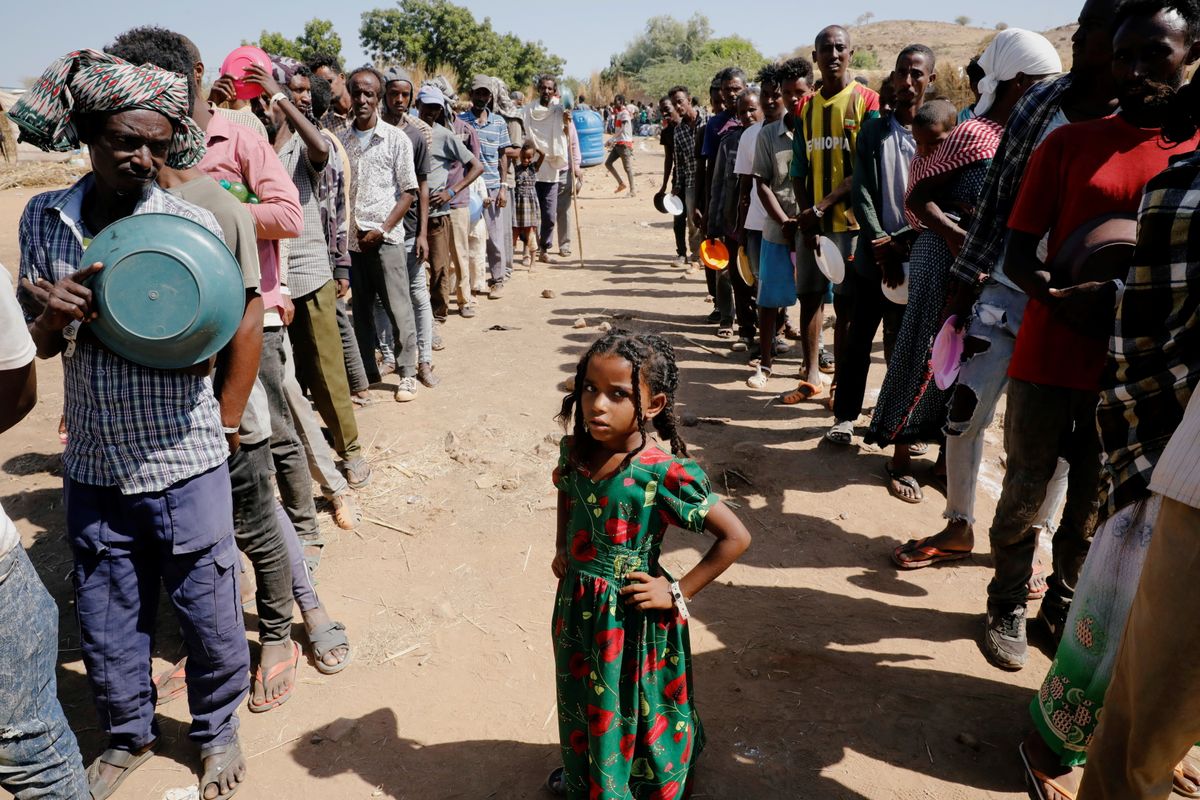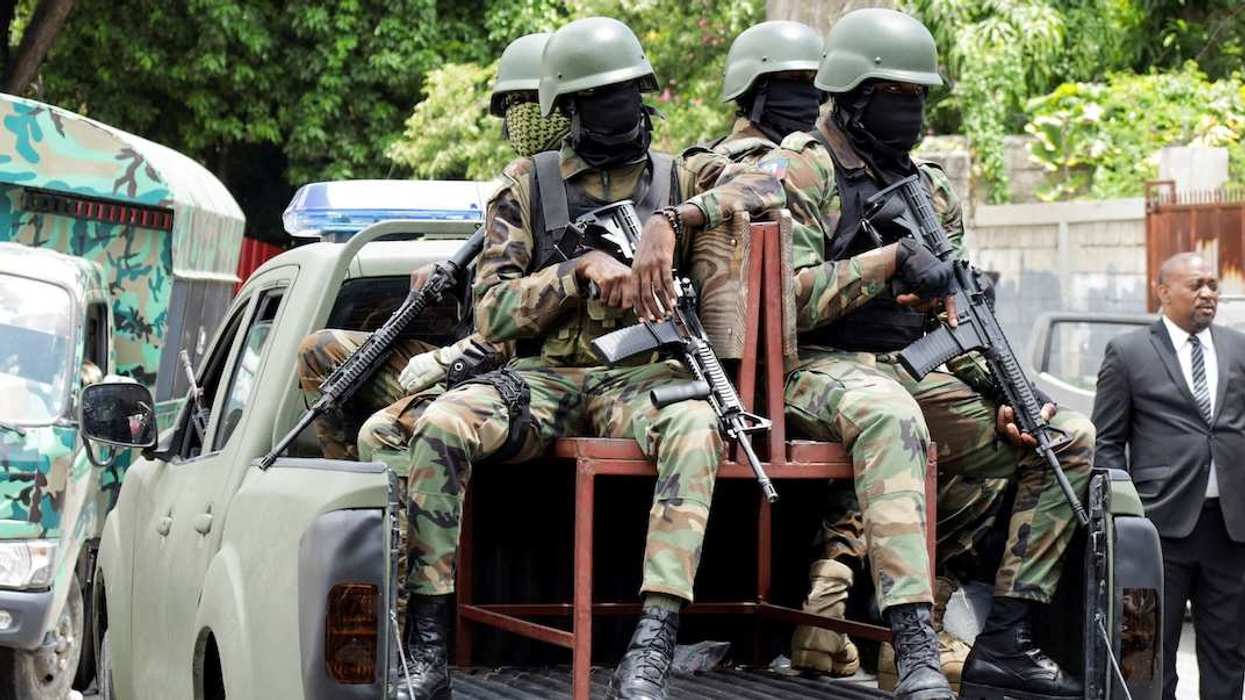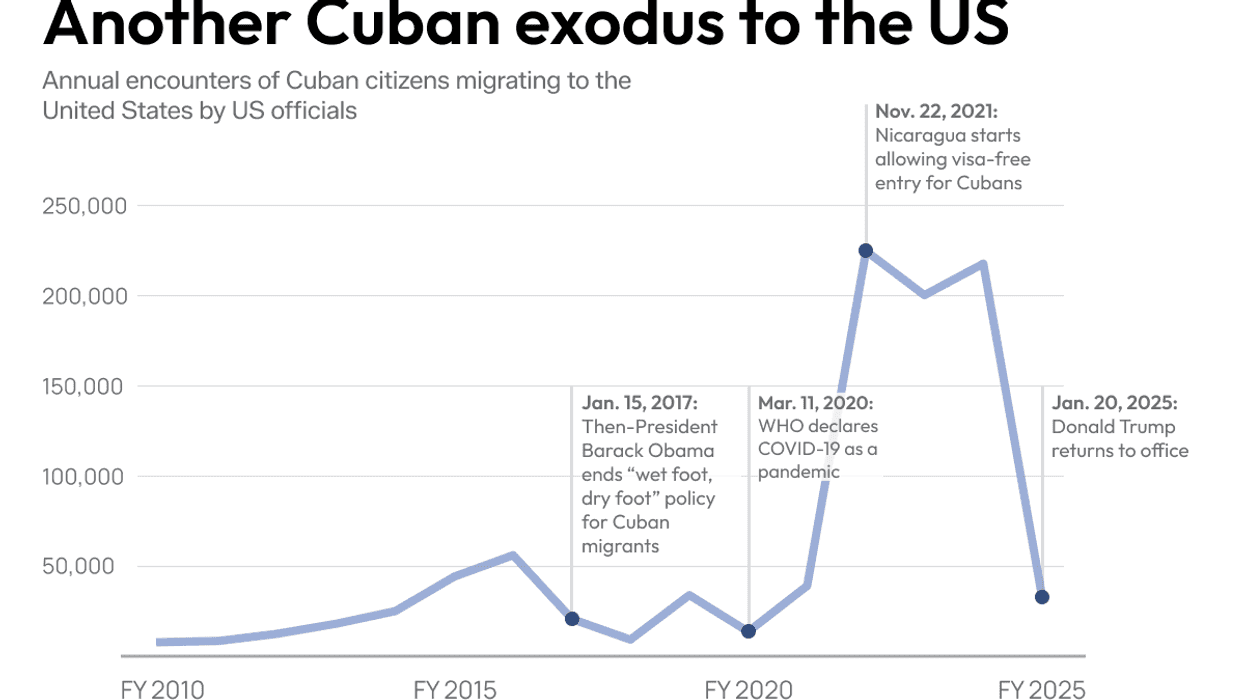Ethiopia on the brink: After ethnic tensions between Ethiopia's federal government and separatist forces in the northern Tigray region erupted into a full-blown armed conflict in recent weeks, Ethiopian Prime Minister Abiy Ahmed announced his forces had taken control of Tigray's capital on Saturday and declared victory. But the fugitive Tigray leader Debretsion Gebremichael quickly called Abiy's bluff, saying the fighting is raging on, and demanded Abiy withdraw his forces. Gebremichael accused Abiy of launching "a genocidal campaign" that has displaced 1 million people, with thousands fleeing to neighboring Sudan, creating a humanitarian catastrophe. The Tigray, who make up about five percent of Ethiopia's population, are fighting for self-determination, but Abiy's government has repeatedly rejected invitations to discuss the issue, accusing the coalition led by Gebremichael's Tigray People's Liberation Front (TPLF) of "instigating clashes along ethnic and religious lines." As the two sides dig in their heels, Ethiopia faces the risk of a civil war that could threaten the stability of the entire Horn of Africa.
A blow for Bolsonaro: Brazil's brash president Jair Bolsonaro saw his candidates take a thrashing in municipal elections over the weekend. Of 78 candidates who pegged their election hopes to Bolsonaro's brand, only the president's son Carlos won his race. The biggest embarrassment for Bolsonaro came in his hometown of Rio de Janeiro, where incumbent mayor Marcelo Crivella, an evangelical pastor who tied his reelection bid directly to Bolsonaro's policy agenda, lost by nearly 30 percentage points. But this weekend's results do not mark a shift to the left. Former President Luiz Inácio Lula da Silva's Workers' Party failed to win a single mayoral race across 26 states. In Brazil's biggest cities, São Paulo and Rio de Janeiro, voters elected seasoned center-right mayors who have sparred with Bolsonaro in recent months over his handling of the pandemic, suggesting that voters there have rejected both COVID denialism and political outsiders. Is this a sign of things to come when Brazilians elect a new president in 2022?
China-Australia row intensifies: Relations between Australia and China have deteriorated for months over a series of diplomatic dustups, but things seem to have reached a new low in recent days after an official Chinese government twitter account posted a doctored image of an Australian soldier holding a knife to an Afghan child's throat. The image, fabricated by Beijing, was clearly meant to irk Australian Prime Minister Scott Morrison at a particularly sensitive time: a years-long report commissioned by the Australian government recently found that elite Australian troops unlawfully killed 39 Afghans from 2005 to 2016, which the report stated was "possibly the most disgraceful episode in Australia's military history." Morrison has said that the provocative posting "diminishes [the Chinese government] in the world's eyes." Tensions between Canberra and Beijing peaked in May when the Australian government called for a global investigation into China's handling of the coronavirus pandemic, prompting Beijing to slap fresh tariffs on Australian goods. The Australian government had also called out Beijing in recent years for interfering in its internal government affairs. Prime Minister Morrison says that he's eager to try to "reset" the relationship with China, Canberra's largest trading partner, but that Beijing continues to rebuff his overtures.

















